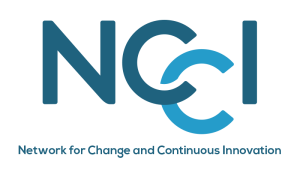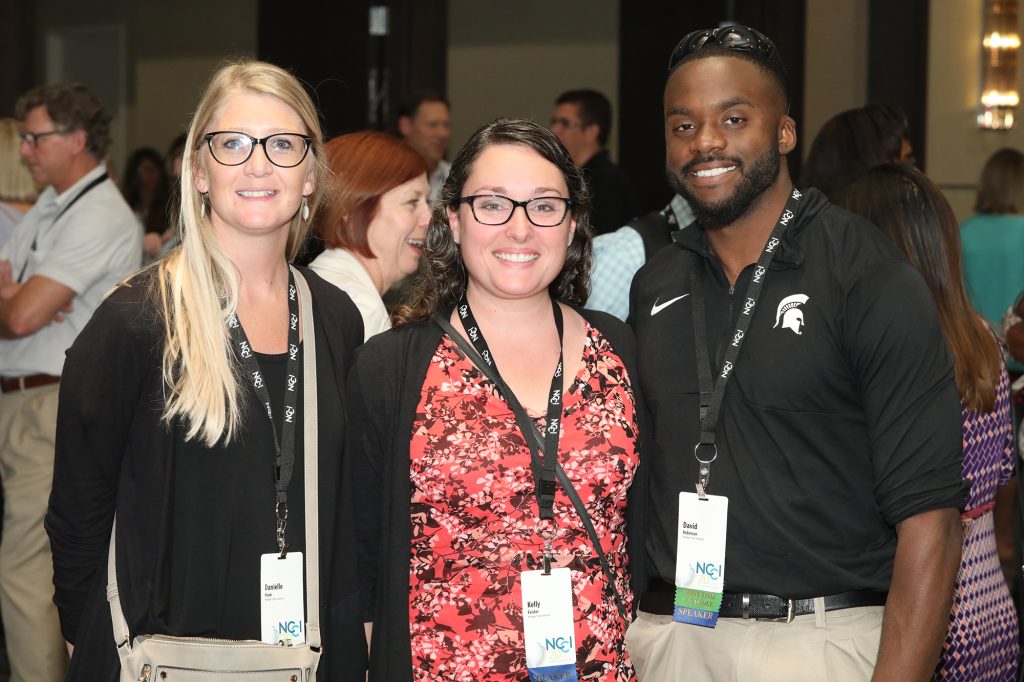About NCCI
NCCI positions higher education institutions to be agile, lifelong learning models to transform lives and communities around the world. All efforts of NCCI trace back to the goal of advancing sustainable excellence in higher education by promoting successful practices and approaches used to drive change, innovation, and continuous improvement across academic and administrative functions.

our Purpose
NCCI’s mission is to advance change and innovation in higher education.
NCCI’s Vision
NCCI positions higher education institutions to be agile, lifelong learning models to transform lives and communities around the world.
NCCI’s Values
We value integrity, respect, and diversity in all its forms. We share generously and celebrate excellence. We aspire to be innovative and agile and are dedicated to continuous improvement and lifelong learning.

planning for the future
NCCI Strategic Plan
NCCI monitors several key performance indicators in order to ensure success in achieving our strategic goals.
Education and Professional Development Pillars
NCCI’s Education and Professional Development Pillars were announced at the 2023 Annual Conference. The Education Council was charged with the development and administration of core competencies for NCCI’s educational offerings. This group developed a framework wherein educational content will fall into unifying themes or anchors of NCCI that serve as a guide; areas of focus, categories of our core offerings, and units of analysis, or the scope of the educational impact.
Our Unifying Themes:
- Change
- Innovation
- Ethics
- Equity
Our Areas of Focus:
- Leading and Managing Change
- Personal Improvement
- Continuous Process Improvement
- Interpersonal Relationships
- Leadership Effectiveness
- Strategy and Emerging Trends
- Strategic Planning, and
- Organizational Development
Our Units of Analysis:
- Individual Excellence
- Interpersonal/Team Excellence
- Organizational Excellence
- Higher Education
History of NCCI
The Network for Change and Continuous Innovation was originally formed as the National Consortium for Continuous Improvement in 1999 by national leaders in continuous improvement, organizational development, planning, quality, institutional effectiveness and related areas. Our vision is to be the premier network for change leaders in higher education.
In our respective institutions, NCCI members are addressing critical issues facing higher education by converting policies and ideas into action and results. Our involvement with NCCI enables us to improve our institutions through collaboration and sharing.
The Board of Directors approved a name change to the Network for Change and Continuous Innovation in 2012 to reflect both our growing international network and the current work roles of our members.
Since its founding, NCCI has benefitted from the leadership and expertise of an outstanding group of higher education professionals.

